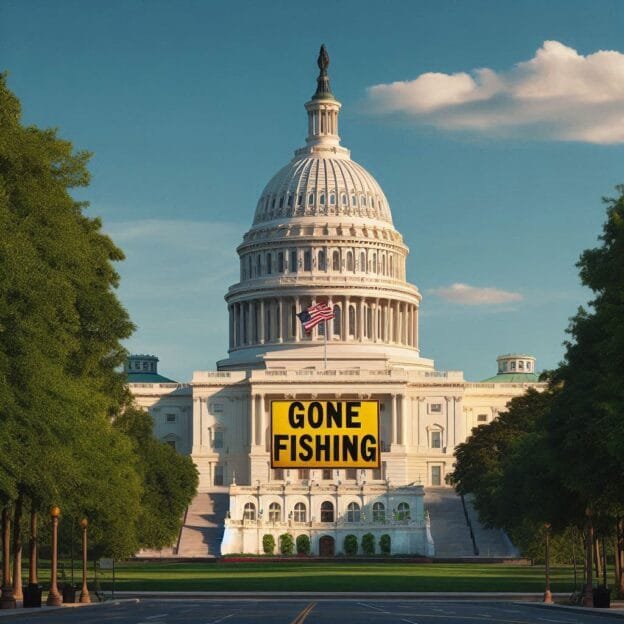Another government shutdown is looming for Friday March 14th. Coincidentally, also the 5 year anniversary of the Covid shutdowns (if you count from Saturday, which I do). One about too much government and the other about “too little” (theoretically). Not sure if Congress will reconcile it by the time I publish this, but it got me thinking. What happened the last few times the government shut down? I talked to Chat GPT to make sure my memory was correct about the dynamics that were happening. Chat GPT indeed confirmed the main issue I had with the debate.
Legacy Media Narrative
The general narrative is that the Republican party is holding America hostage by not fully funding the government. I remember Anderson Cooper lamenting about the FDA postponing drug approval without the slightest notion that if they didn’t prohibit drugs in the first place, the shutdown wouldn’t affect people getting there medicine. I believe he interviewed a young boy’s mother stating he might not live if the government remained closed. All the people with the same illness, but months ahead of this particular individual, had already felt the impact.
However, if Republicans are willing to fund a portion of the government, why are they accused of holding anyone hostage? The Democrats say they want to fund the same portion. Isn’t it the Democrats, who won’t fund anything, really the ones holding the country hostage. They just want to fund more. The Republicans disagree with that funding.
The Real Hostage Taker
Logic dictates that Congress should first fund everything agreed upon. Not giant bills (there used to be 12, now usually just one continuing resolution). First get all the “basics”. I’m sure I disagree with the mainstream political consensus, but let political will take us where it will. Then make compromises for getting things that don’t have a consensus. Trade votes and choose the least of bad options.
When this occurs, Republicans feel political pressure to cave. They really need to get out in front of the argument. Those not voting for any funding if all the funding they want isn’t included are really the ones “holding America hostage”.

